Feeling Left Out?
You know that moment when you’re at a birthday dinner, and everyone erupts with laughter—except you’re just nodding along because you totally missed the punchline? Oof. It’s not just awkward… it stings. Most of us think hearing loss is just about getting older, but honestly, it can hit anyone—young, old, doesn’t matter. And the fix? Not cheap. Hearing aids can cost more than a used car.
But maybe, just maybe, things don’t have to be so tough. If you’re juggling bills and wondering how anyone could possibly afford those little miracle devices, here’s the hope: hearing aids covered by medicaid could be your lifeline. (I promise, this isn’t one of those too-good-to-be-true infomercials!) Medicaid, if you’re eligible, can sometimes swoop in and soften the blow. But “sometimes” is doing a lot of heavy lifting here, as the benefits are all over the map—literally, state by state.
Does Medicaid Pay?
So… Does It Cover Adults, Actually?
Here’s the thing—if you’re a parent wading through the insurance maze for your kid, there’s good news: hearing aid coverage for children under 21 is almost always there (thanks, Early and Periodic Screening, Diagnostic and Treatment, aka EPSDT, if you’re into acronyms). But adults? Not such an easy yes. The answer to does Medicaid cover hearing aids for adults? is… complicated. About half the states say yes, sort of, sometimes, with lots of caveatsaccording to the Hearing Loss Association of America.
Some states roll out the welcome mat—others… not so much. And even in “yes” states, you’ll probably have some hoops to jump through (doctor’s note, prior approval, forms, maybe just a little bureaucratic treasure hunt).
A Quick Look (Because Lists Are Life)
| State Example | What’s Covered? | What’s Not? |
|---|---|---|
| North Carolina | Hearing aids for kids under 21, FM systems | For adults, strict rules and usually requires prior approval |
| Missouri | Under 21, pregnant adults, nursing home residents | Most other adults (unless special circumstances) |
| Michigan | One digital hearing aid every 5 years, batteries, ear molds, repairs | Upgrades if your old aid still works |
(Real talk: Just last year, my neighbor in Michigan got a brand new digital aid completely covered for her teenage son… meanwhile, her older brother, who’s in his 40s, got hit with paperwork purgatory. He’s still waiting. Such is the Medicaid life.)
The Real-Life Impact
Let’s Get Personal for a Second
Let’s put aside the rules and talk about living with hearing loss. It’s not just “oh, turn up the TV.” It’s missing the sound of birds in the morning, or your granddaughter’s soft “love you” as you tuck her in. Isolation creeps in. (And trust me, family fights over “You never listen!” get old fast.)
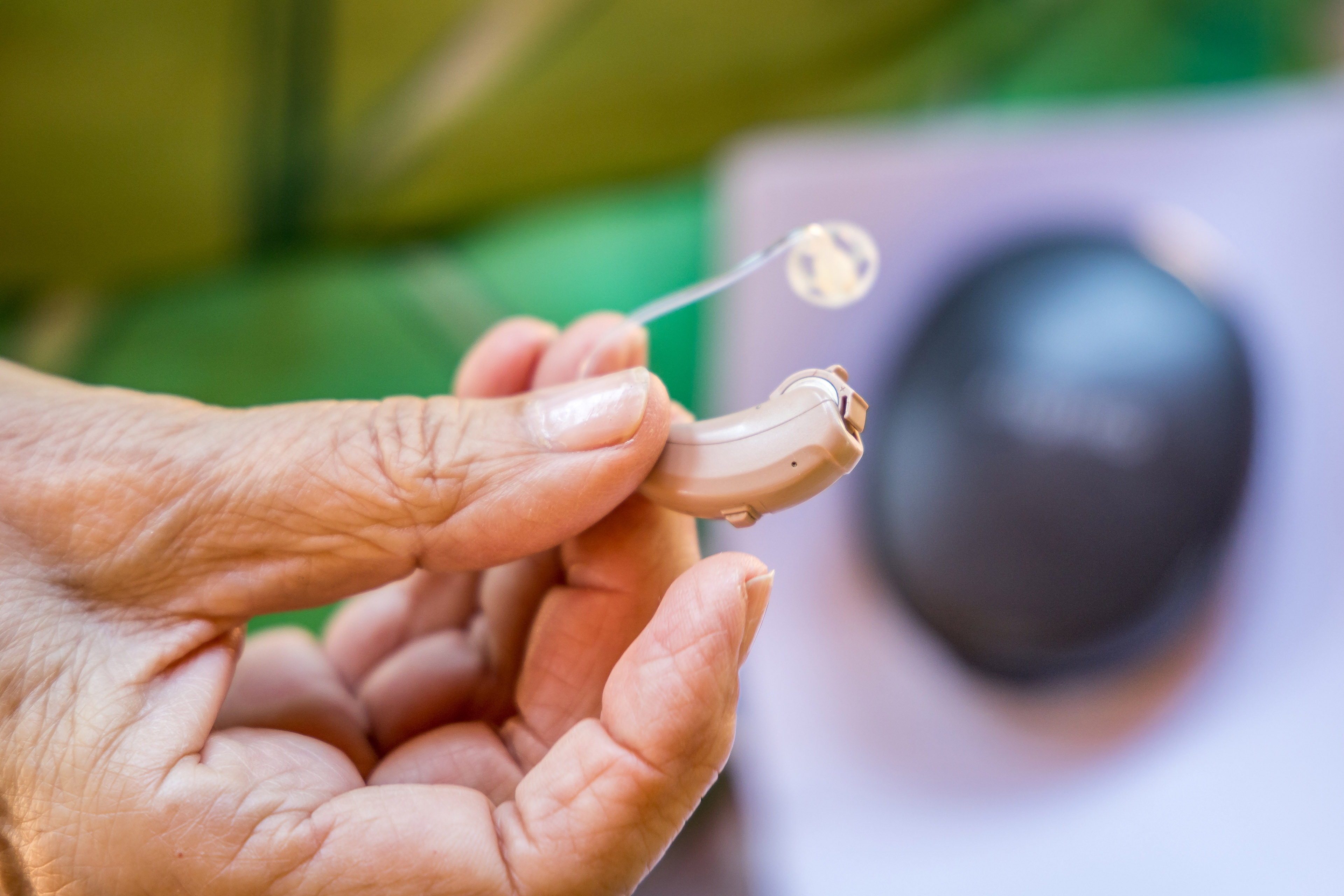
Wanda’s story always gets me. She’s 66, a grandma who used to fake her way through conversations. Medicare told her “nope” on hearing aids (only covers the test, not the fix—go figureas explained by Beltone). After years of frustration, she found the Hearing Aid Project, got her devices covered, and now—no more missing out. Moments like that? Just priceless.
(If you know someone feeling left out, give them an extra-long hug tonight, okay?)
Medicaid’s Not-So-Secret Rules
Who Gets What? The Nuts and Bolts
Medicaid is a joint federal-state health program. That means, while the government sets some basic standards (like, “Hey, kids deserve hearing aids!”), the states call most of the shots. Your income, age, health, even if you’re pregnant or living in a certain kind of facility, can all affect what you qualify foraccording to research on Medicaid hearing aid policy.
If you’re in a state like New Mexico, you can get medically necessary hearing aids if the paperwork’s right—and you’ll need your doctor to vouch that this will boost your quality of life. (Yes, an actual note. Just another chapter in the Medicaid Choose-Your-Own-Adventure.) In other places? Maybe only kids, or only pregnant adults, or only while you’re in a nursing home.
What Do You Need?
- A recent hearing evaluation. Medicaid often pays for the test, but you’ll need a fresh medical clearance to get approved for a device. (No dusting off your five-year-old audiology report.)
- Doctor’s note. This isn’t just bureaucracy—if the doc writes “medically necessary,” you’re halfway there.
- Prior authorization. In adult cases, especially, don’t be surprised if Medicaid wants to double-check everything.
- State-specific forms. Some states have special paperwork. (In New Mexico, it’s the famous MAD 303. Sounds like a droid from Star Wars, right?)
Kids vs. Adults: Not the Same
Why the Big Divide?
Here’s the deal: under federal law, every state must cover hearing aids for kids on Medicaid—exams, fittings, devices, batteries, the works. The reasoning is, loss of hearing hurts language development, schoolwork, emotional growth…basically, everything. Medicaid or CHIP (the Children’s Health Insurance Program) steps in for those under 21 everywhere. No debate.
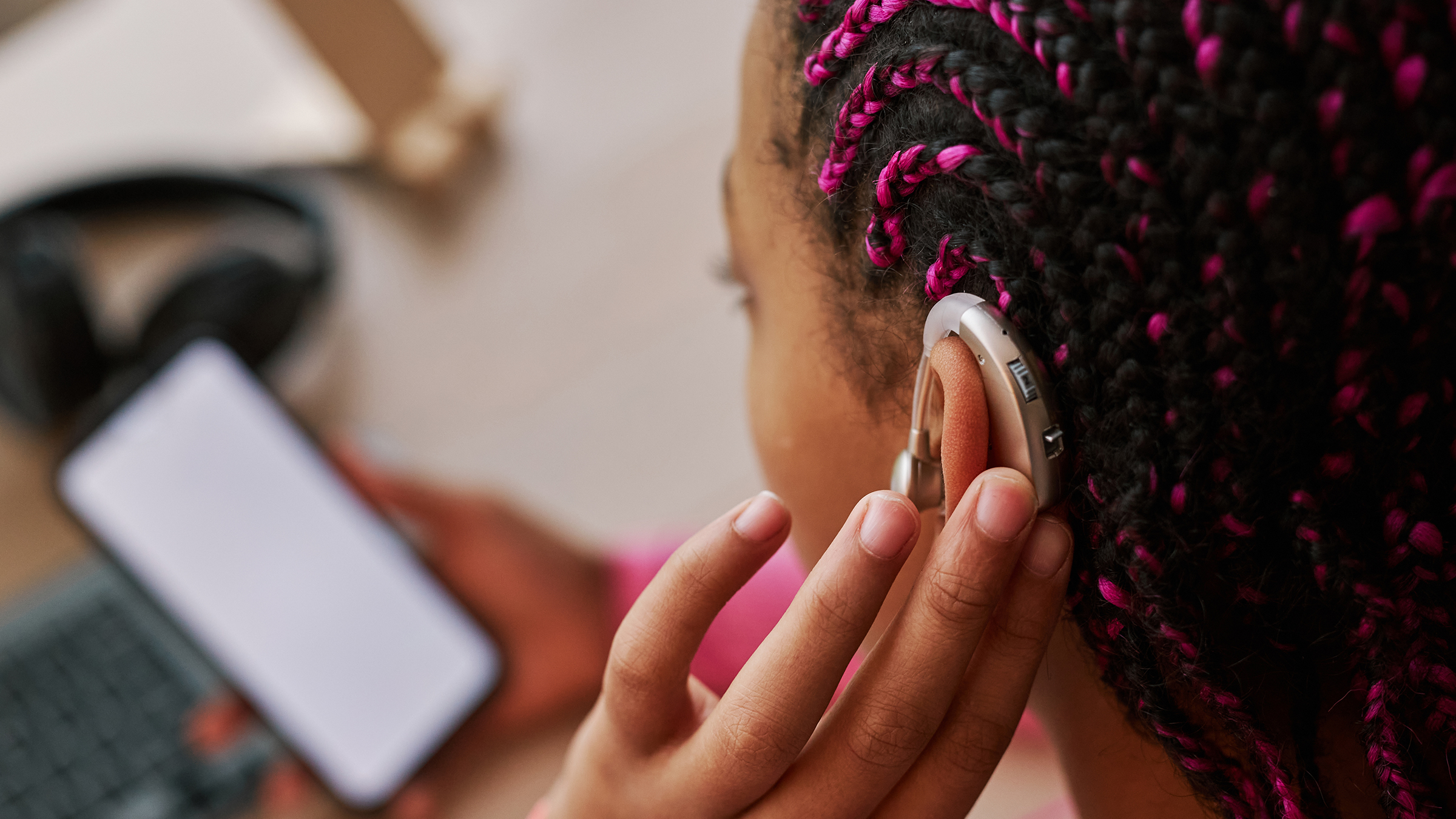
Adults, though, face a wild patchwork. Sometimes it feels like a lottery. In some places, if you’re blind, pregnant, or living in a nursing home, the doors swing open. Otherwise: well…location, location, location.
| Kids (under 21) | Adults (21+) | |
|---|---|---|
| Coverage? | Yes (all states, by law) | Varies—about half say “sometimes” |
| Services | Exams, aids, fittings, batteries, repairs | Depends—may cover evaluations, sometimes aids, rarely upgrades |
| Paperwork? | Still paperwork, but more streamlined | Oh, yes. Welcome to Forms Central. |
If you’re wondering, “so, does Medicaid cover hearing aids for adults?”—don’t be shy, ask your local social worker or clinic, and double-check your state’s Medicaid site. It’s always evolving.
(Pro tip: If this is for your child, jump on it early. Schools sometimes have resources, and hearing aids really can change a kid’s whole world.)
What’s Included?
The Hidden Perks… and the Fine Print
What can you actually get? Typically, hearing aids covered by medicaid doesn’t just mean “the device.” In most states, if approved, the benefit wraps in other essentials.
- Hearing aids (sometimes digital, sometimes basics)
- Exams—not just for the fit, but to diagnose in the first place
- Repairs and maintenance (critical, because these things are tiny and expensive to fix)
- Batteries (yes, those constant battery swaps can add up—Michigan supports 72 per device, per year!)
- Supplies and ear molds (a new mold every year for kids; even adults sometimes qualify)
A few places offer upgrades or replacements after a certain number of years (e.g., every 5 years). But don’t get your hopes up for the latest, flashiest tech—most plans stick with what’s “medically necessary,” not the fanciest option.

And if your provider gives you a hard time, or says you can’t get hearing aids covered by medicaid at all, push back. Sometimes, sadly, it’s about finding a clinic that actually accepts Medicaid (call around, don’t be discouraged on the first “sorry, we don’t take that”).
How to Start the Process
Managing the Maze (Without Losing Your Cool)
Here’s a whisper of advice… start with your local Medicaid office. Or, even easier, contact a hearing clinic and just ask, “Do you accept Medicaid, and if so, what’s the process like here?” Seriously, the person at the front desk is often the real hero. They know which forms, which doctors, and which deadlines are real and which ones are just there to test your patience.
Have you ever noticed just how complicated these things sound—until you sit down with a specialist and suddenly, everything seems a lot less scary? The learning curve can feel brutal, but you’re not alone.
(If you get denied, appeal. Some folks get coverage after the second or third try. Persistence, my friend.)
- Check Medicaid eligibility—state income, age, health factors.
- Get a medical evaluation for hearing loss.
- Gather the paperwork—doctor’s orders, history, forms.
- If all else fails, or you’re still told no, check non-profits like the Hearing Aid Project, state vocational rehab offices, or even the VA (for veterans).
And hey—if you ever feel lost, ask a social worker, audiologist, or even a friendly neighbor who’s been through it. You’re allowed to ask for help (and you really should).
Other Ways To Get Help
What If Medicaid Won’t Cover?
So maybe you tried all the options and you’re still out of luck. Don’t give up. Non-profits, community programs, and some clinics have sliding scales, payment plans, or discounts. The Hearing Aid Project, for example, steps in where insurance (and patience) run dry.
| Resource | What It Offers | How To Find |
|---|---|---|
| HLAA Financial Assistance | State coverage checker, general info | hearingloss.org |
| Healthy Hearing | Insurance tips, provider locator | healthyhearing.com |
| VA (for veterans) | Comprehensive coverage if hearing loss is service-related | prosthetics.va.gov |
It’s a bit of a patchwork quilt… but with enough threads, you’ll find a way to patch the hole.
Wrapping Up: Don’t Give Up On Sound
If you’re tired, confused, maybe even a little cranky about the whole process… let me just say, I get it. Navigating health coverage is like trying to teach cats to swim—messy, unpredictable, and often way harder than it should be. But hearing aids covered by medicaid are genuinely possible for many, and they change lives, families, mornings, laughter at dinner—the whole thing. If you’re caring for a kid, start now. If you’re facing this as an adult, check your state, gather your grit, and don’t stop at the first “no.”
Remember Wanda, the grandma who finally stopped missing the jokes at family cookouts? That could be you. Step one: check your state’s guidelines, ask about does Medicaid cover hearing aids for adults at your next doctor or social worker visit, and don’t be afraid to get a little pushy. Good things often happen right when you think you’re out of luck.
So… what’s stopping you? Go make the call, ask those questions, and get back to living (and hearing) boldly. Life’s too short to spend it on the sidelines, straining to catch every word. You’ve got this.




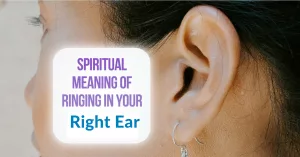
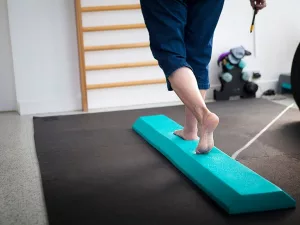

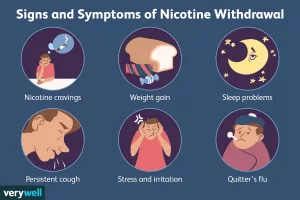
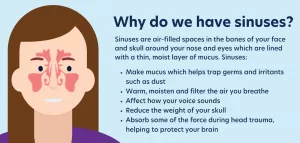





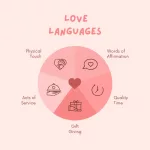










Leave a Reply
You must be logged in to post a comment.